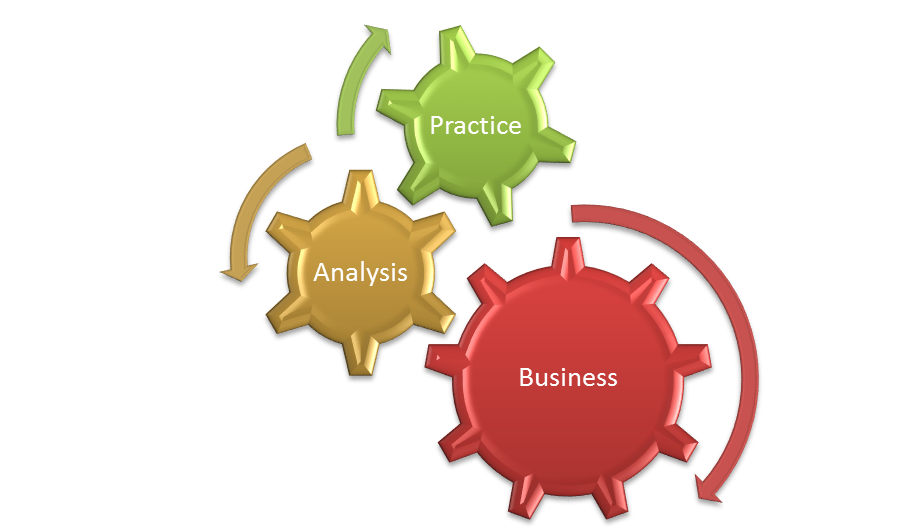Liverpool
With estimated population of 478,580 (in 2015), Liverpool is the city in the North West of England. It is the fifth largest metropolitan area in the UK with more than 2.24 million people in 2011. Liverpool City Council is the local authority and is the most populous local government district. Liverpool is located near Mersey Estuary. It turns out to be a borough in 1207 and a city in 1880. It became a county borough independent of Lancashire in 1889.
Government
There are two types of government in Liverpool i.e. the Mayor and Local Council. They are also the stakeholders in the Liverpool City Region Combined Authority, the European Parliament and The National Government. Unitary Authority officially governed Liverpool as when Merseyside Country Council was disabled civil functions were returned to a district borough level. However, services like Police and Fire and Recuse Service are still run at a county-wide level.
Economy
Locating at the centre of one of the two core economics, Liverpool has one of the largest economies in the UK. The GVA of Liverpool in 2006 was £7,626 million that was above North West average. Since the mid-1990s, the economy has been very strong with its GVA 71.8% in between 1995 and 2006 and employment 12% between 1998 and 2006. The economy of Liverpool is dominated by both public and private service sector industries. Over 60percentage of employment in the city was in the public administration, banking, finance, health, insurance and education sectors.
Landmarks
The history of Liverpool contains a variety of architectural styles (16th century Tudor building to modern-day architectures). The present buildings are of the period when the city attains powers in the British Empire. The history of Liverpool contains a variety of architectural styles (16th century Tudor building to modern-day architectures). The present buildings are of the period when the city attains powers in the British Empire. Also, the city has several public sculptures. The English Heritage describes the richness of architecture.

 ENQUIRE
ENQUIRE
 REQUEST CALLBACK
REQUEST CALLBACK
 GET A FREE QUOTE
GET A FREE QUOTE


 Introduction
Introduction Course Details
Course Details Course Content
Course Content





 London
London